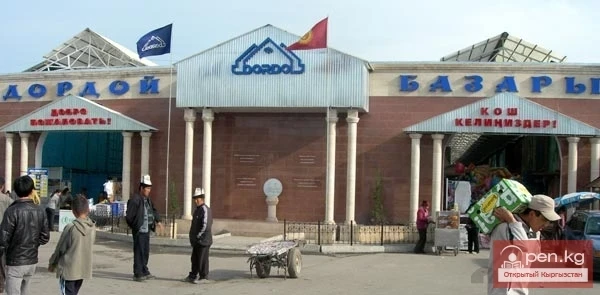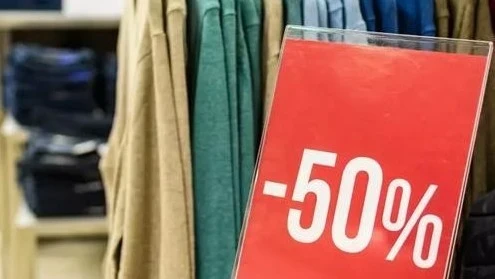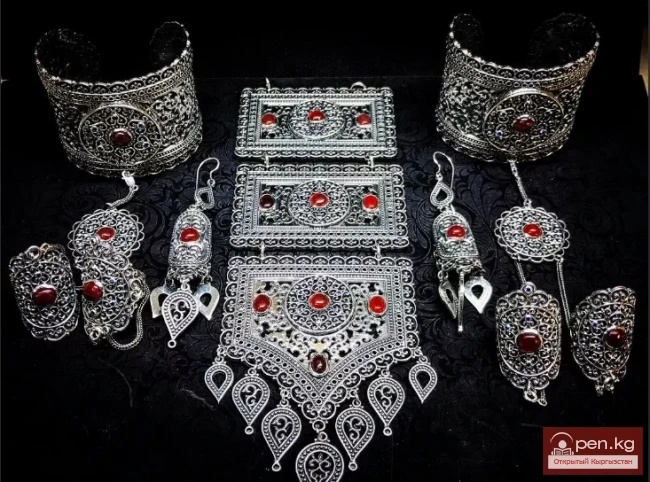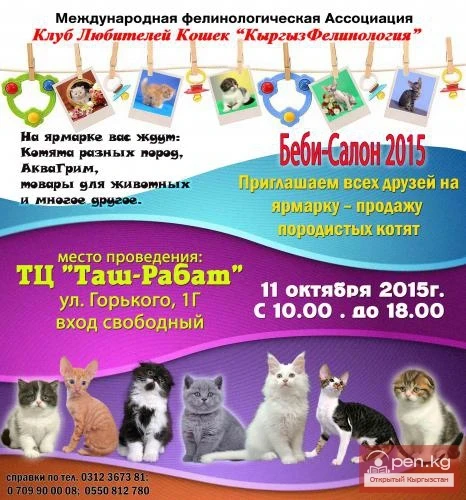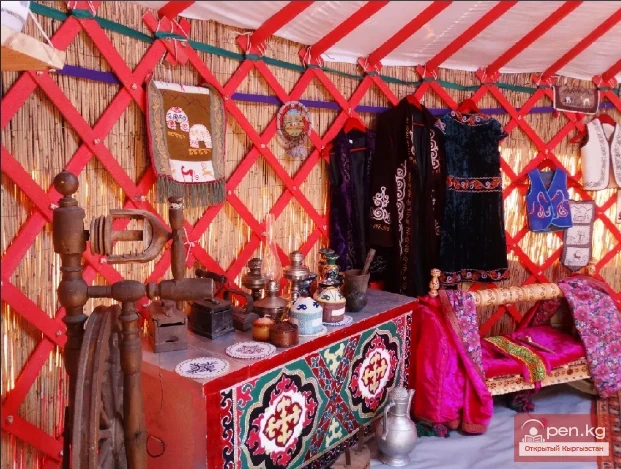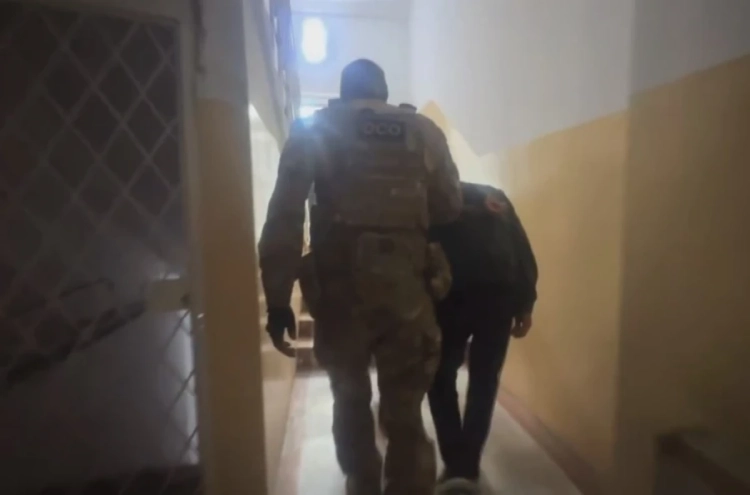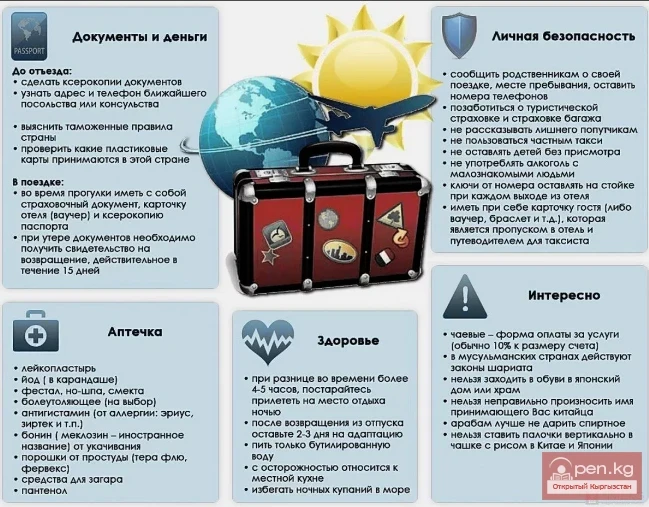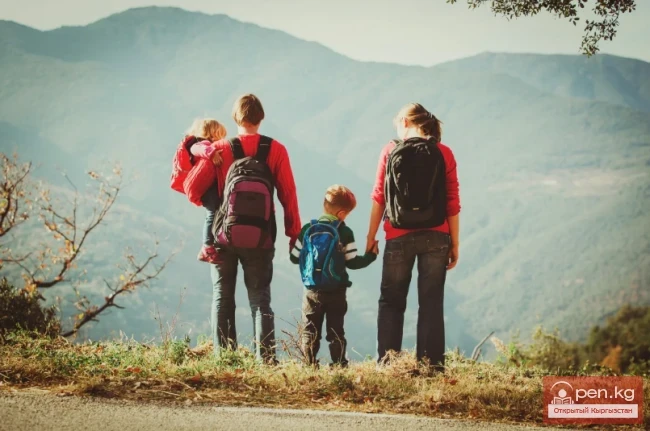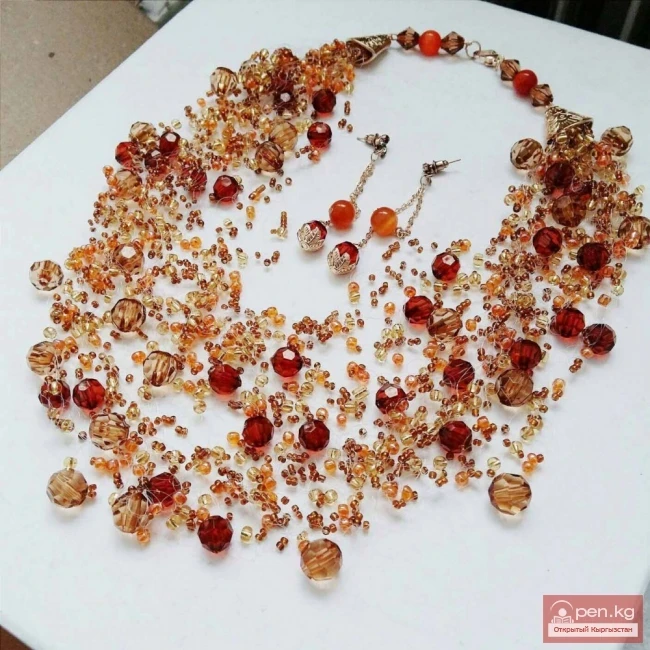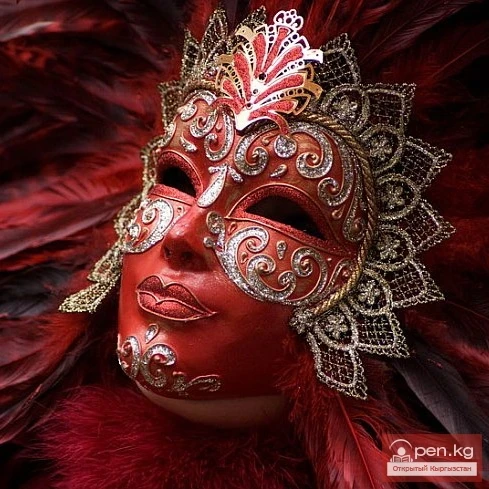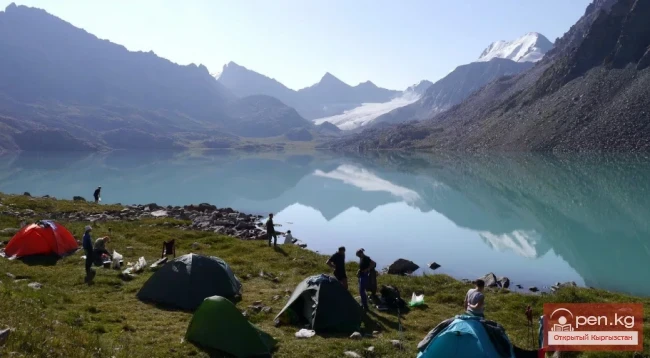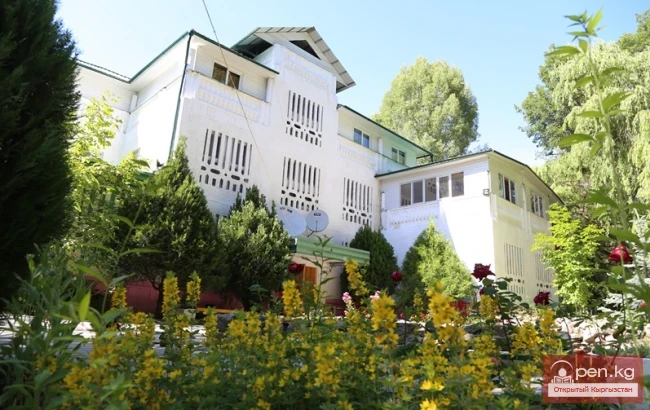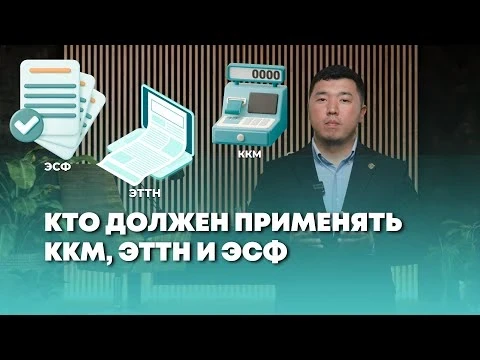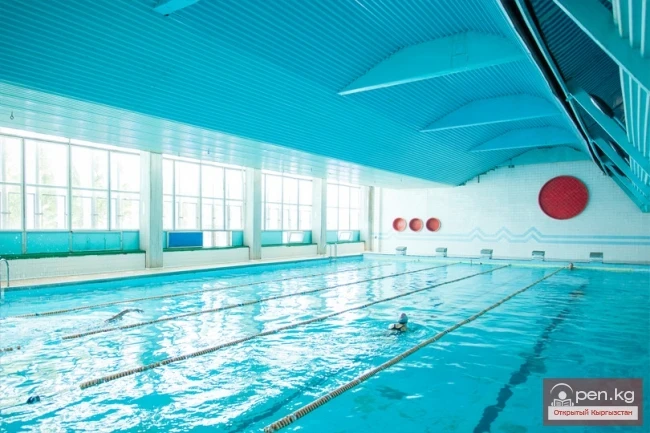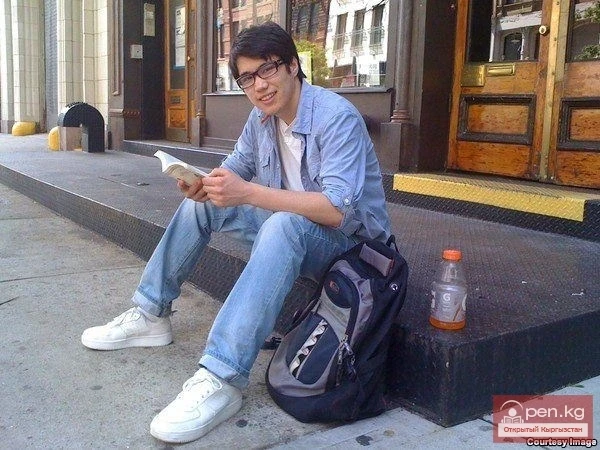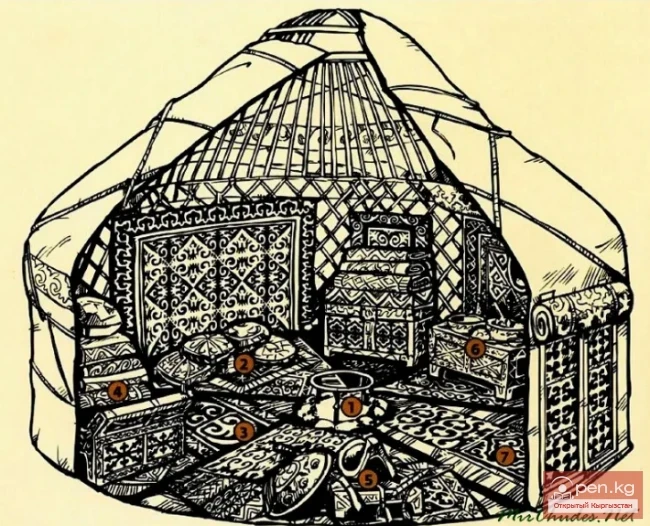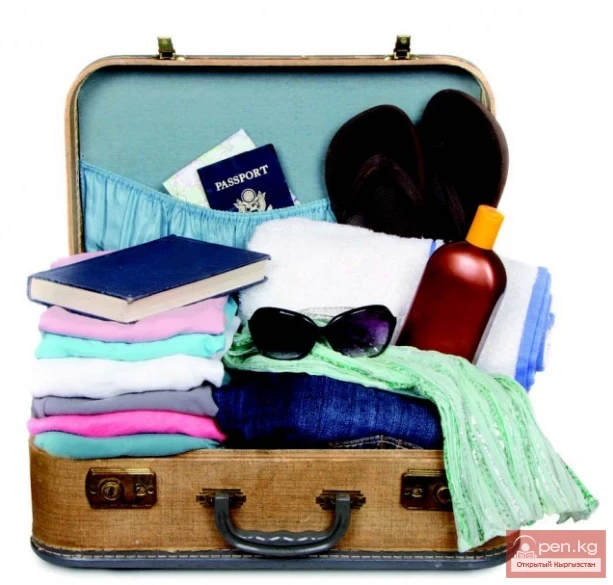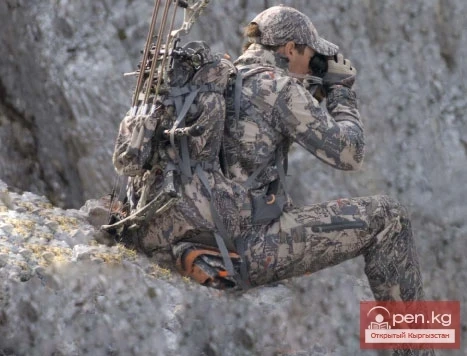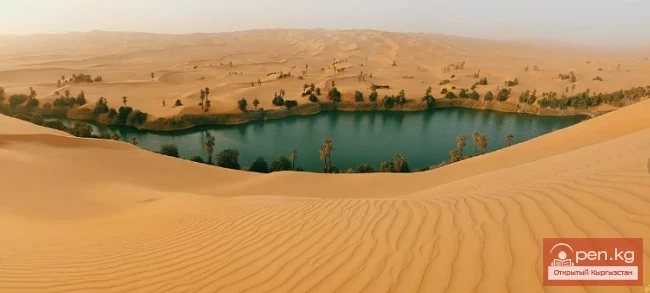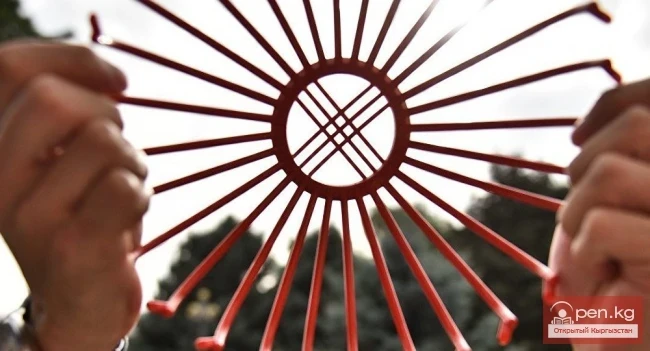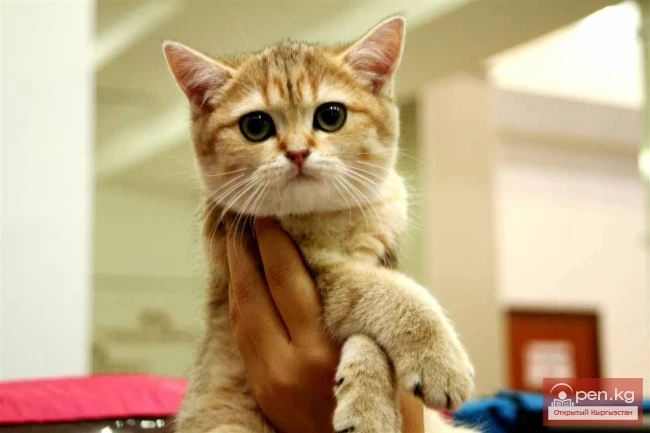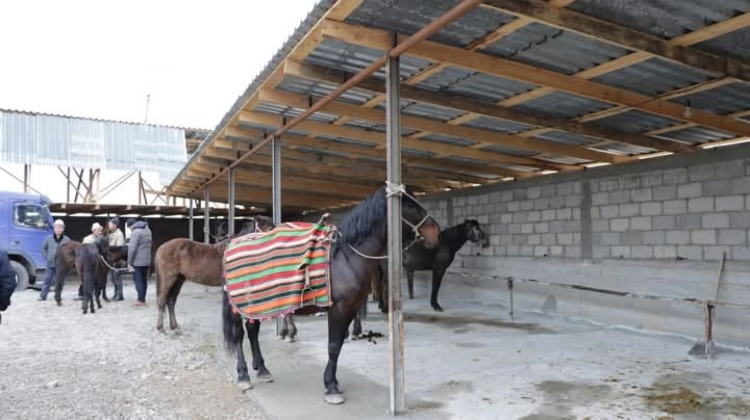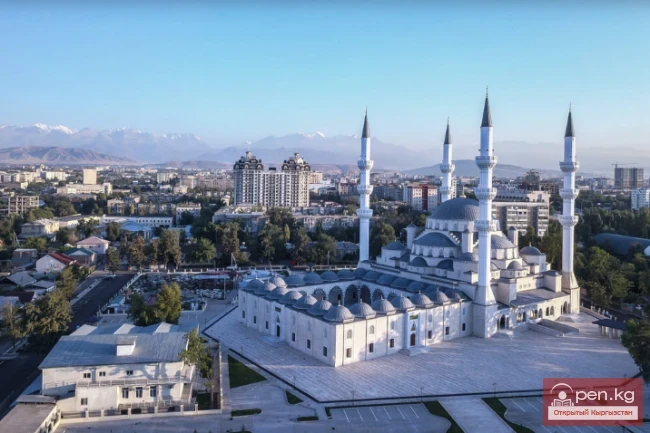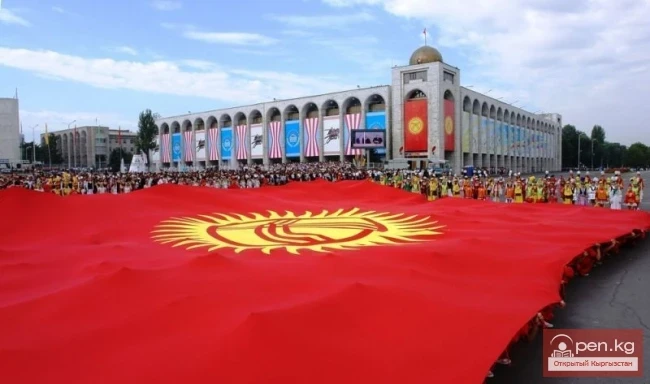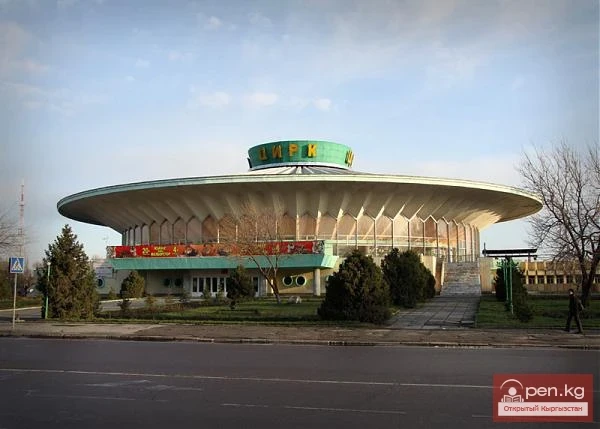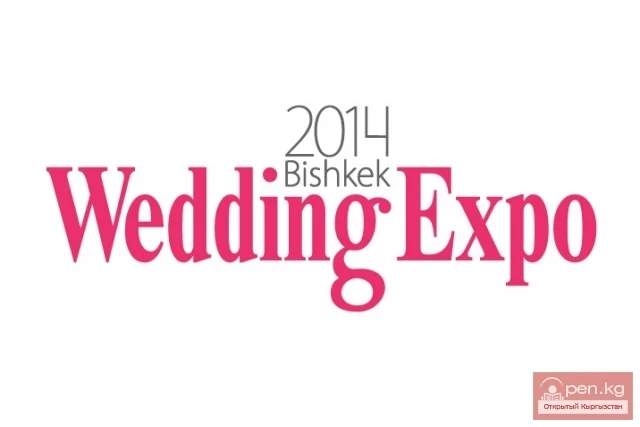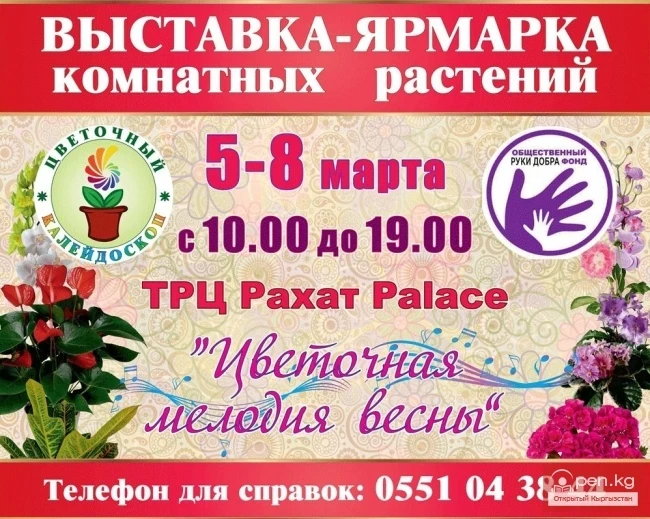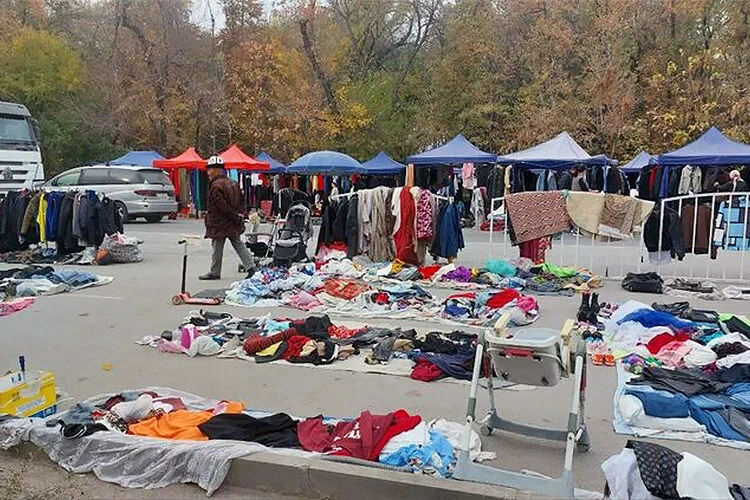
Bishkek, the capital of Kyrgyzstan, has several places where you can buy second-hand items and household goods. These markets are filled with the atmosphere of ancient times, Soviet heritage, and traces of modernity.
The situation with flea markets in Bishkek fluctuates: sometimes the authorities actively combat them, while at other times they allocate spaces for their existence, realizing that they are indispensable.
A journalist from 24.kg visited two such retro markets and spoke with those who sell and buy here.
Three Types of Sellers: Pensioners, Inventors, and Resellers
Regulars at flea markets identify three categories of sellers: pensioners who are selling off their remaining stocks, unrecognized inventors, and resellers. The former are usually forced to sell their belongings due to low pensions to provide themselves with necessary products. Unrecognized inventors, who have technical education, engage in the repair and sale of various items.
Resellers stand out with their assertiveness and activity. These women typically persistently try to acquire goods from buyers, sometimes not even waiting for answers to their questions.
“They can buy items for 20 soms and sell them for 100 or more,” shares one visitor's opinion. “They always have a lot of goods, and they occupy large areas, preventing other sellers from standing nearby.”
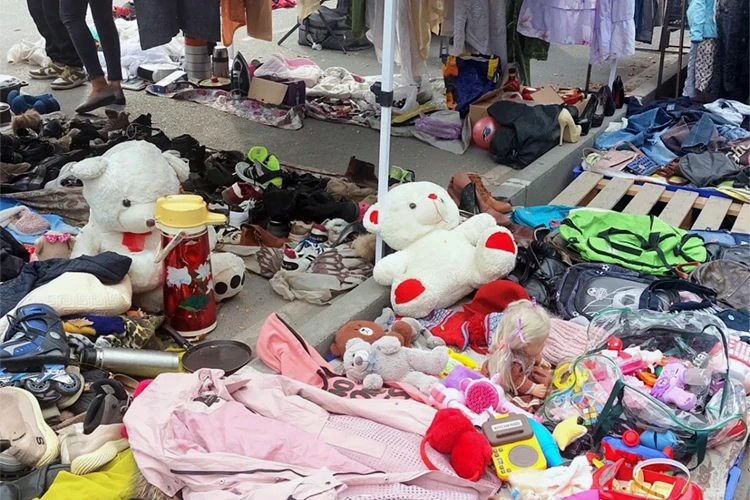
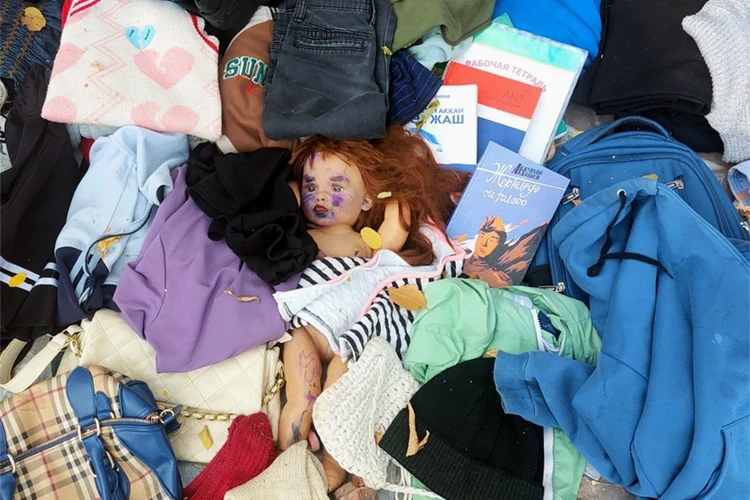
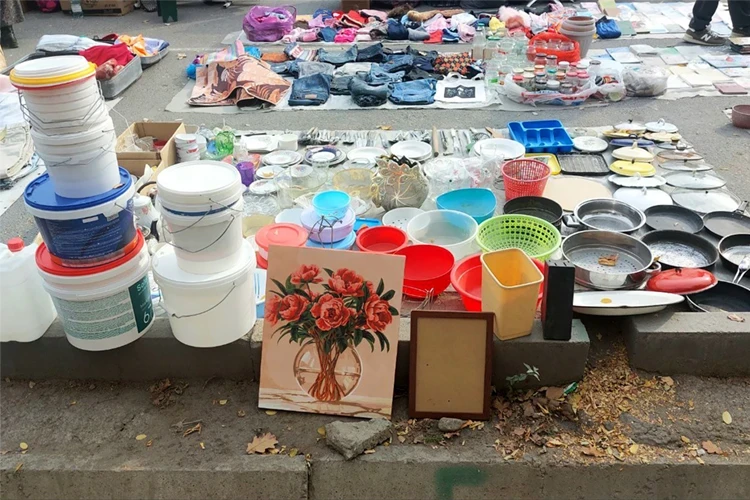
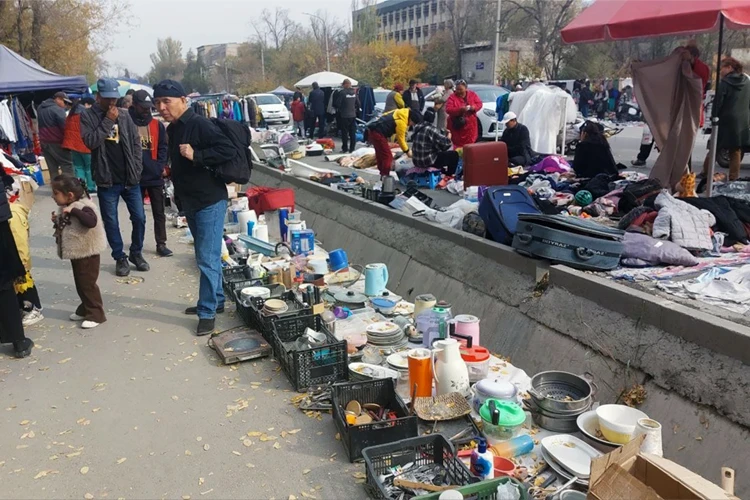
Buyers are also interested in the goods of so-called "newcomers" who come to the market for the first time. They often have interesting items that attract both regular customers and resellers.
Among flea market enthusiasts, one can find collectors of numismatics, antique silver, retro goods, and postcards featuring stars of the Soviet stage. One buyer confidently distinguished fakes from originals in the world of branded clothing.
Gold for 50 Soms
At the markets, you can see young people carefully sifting through old jewelry displayed by pensioners.
“These buyers are looking for gold and silver that can be bought for 50 soms. Sometimes grandmothers mistakenly sell gold chains, thinking they are just costume jewelry. Such cases are not uncommon,” shares one seller.
However, getting comments from sellers can be challenging. They are usually not very talkative and prefer to remain anonymous.
For renting a trading space on Fuchik Street, sellers are charged a fee. The municipality charges about 400 soms for three months of rent, providing a small area for each. Resellers typically "buy out" several such spaces, set up tents, and engage in trade on weekends.
Assortment at the Flea Market
One pensioner sells children's clothing left by her granddaughters. She doesn't come to the market often and can sell goods worth between 100 and 500 soms a day, although sometimes there are no buyers at all.
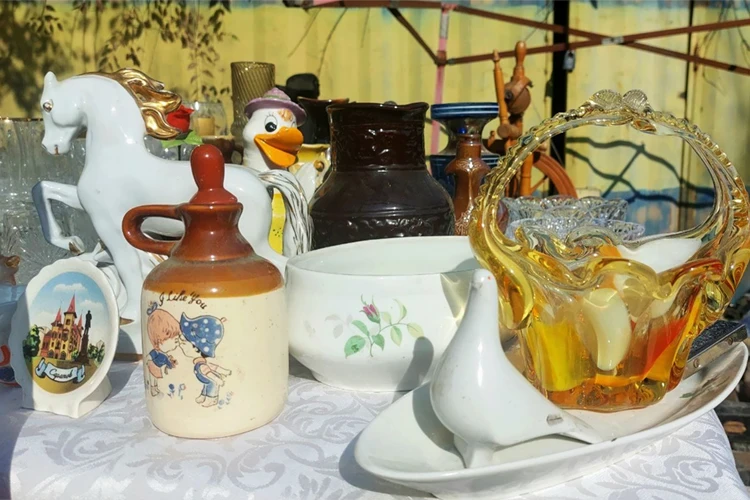
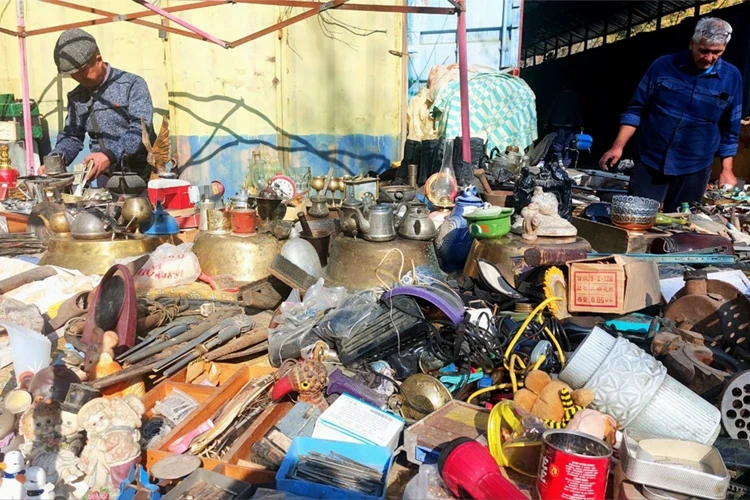
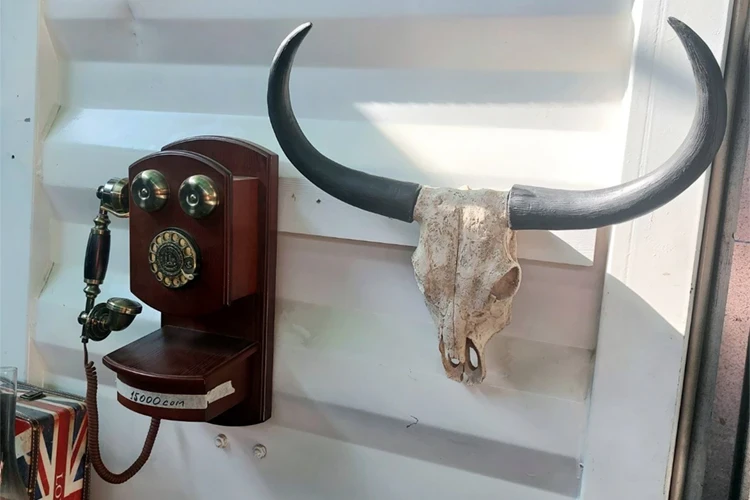
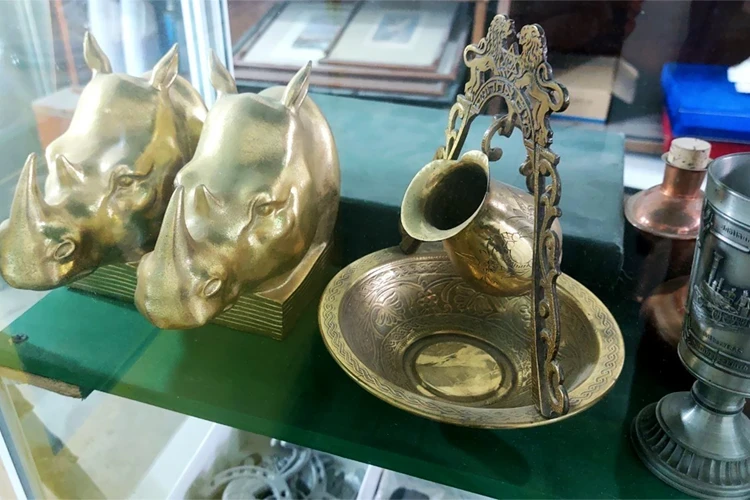
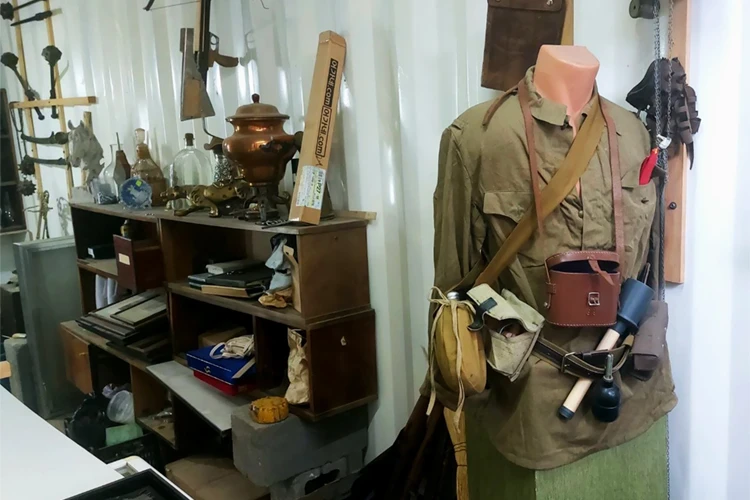
The flea market located near the former tourist base has become a popular place for men looking for car parts and tools. Samidin, one of the buyers, says:
“Only here can you find parts made in the USSR. They are of higher metal quality compared to modern ones, which break very quickly.”
Bishkek resident Samidin
The market near the former tourist base is rich in antiques. To inspect the entire assortment, it takes a whole day, or even two. It is a real open-air exhibition: here you can see busts of Lenin, badges, medals, stamps, melchior cutlery, and all sorts of toys.
Nostalgia for the Past
Bishkek resident Oleg Sassa enjoys strolling through the flea market, examining antique items:
“I also have a few rarities left from my parents. If I don’t need them, I bring them here, but mostly I keep them as a memory.”
Oleg is convinced that flea markets should be present in every country, especially in Kyrgyzstan, where many items from the Soviet era have become true rarities and are valued to this day. He perceives such markets as a museum where one can see history.
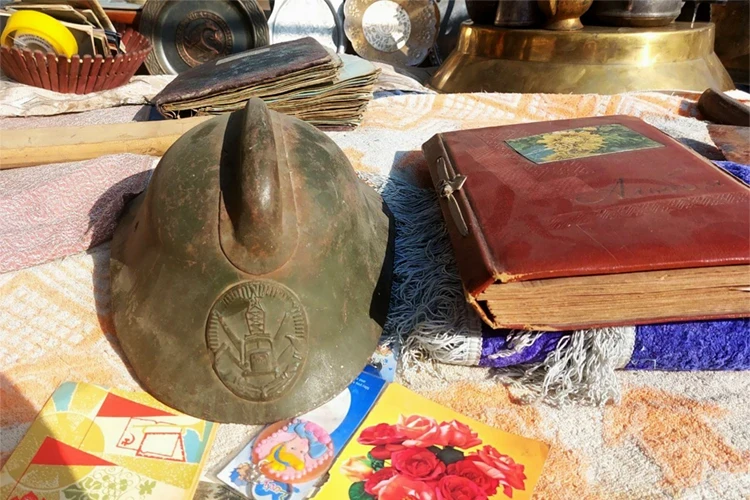
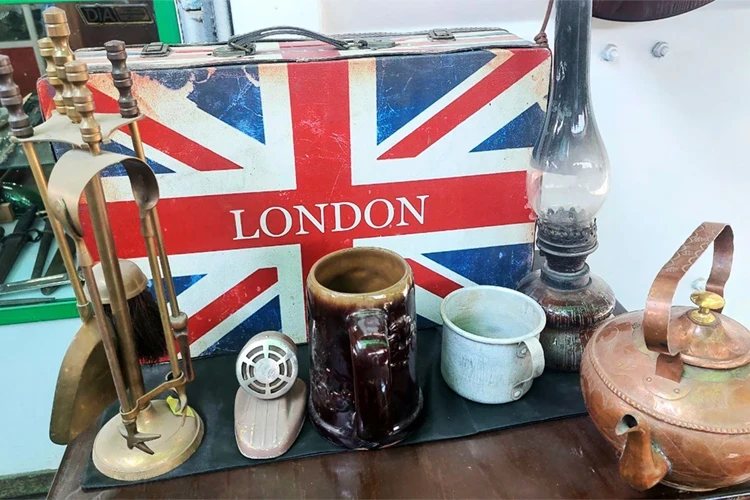
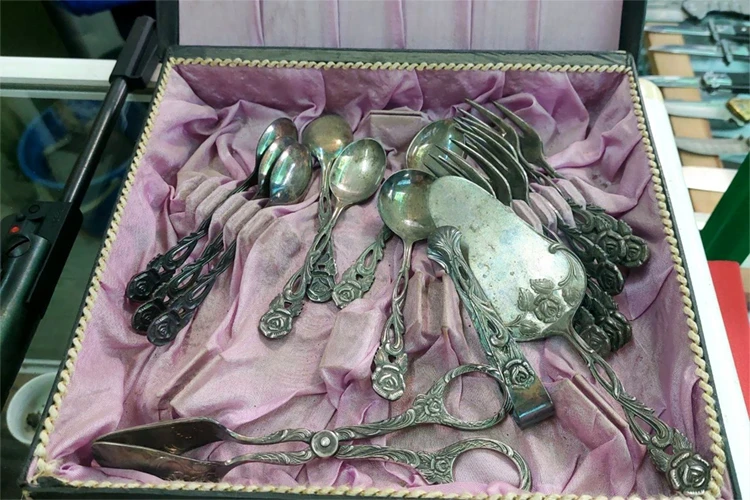
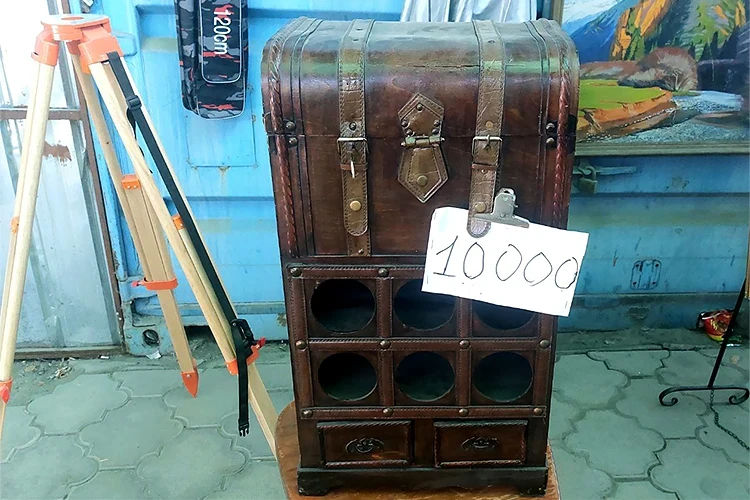
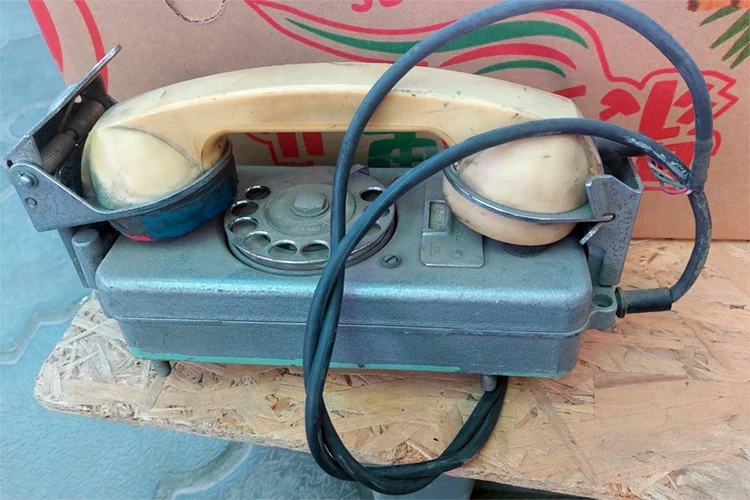
“For example, this is a firefighter's helmet from the 60s. It used to protect firefighters, and now it is sold as a rarity. And how many such items have been sent for scrap metal!” — shares his thoughts the man.
Flea markets are always crowded, and everyone finds something of their own.
